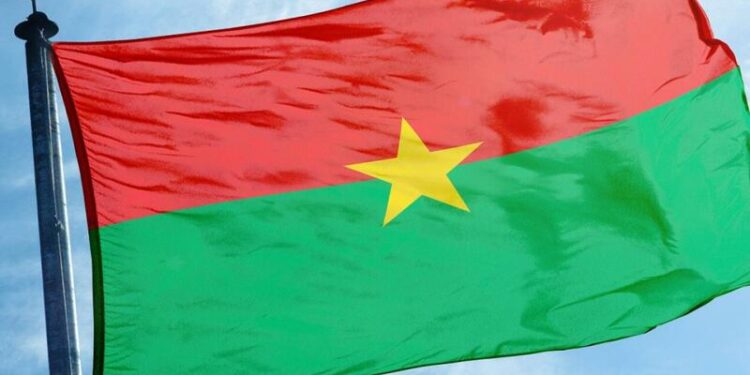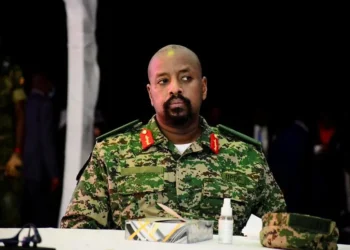Burkina Faso’s Parliament on Saturday voted in favour of the bill to revise the Constitution, which enshrines the official status of national languages in place of French, which will henceforth be used alongside English as working languages.
The law is a further reflection of the widening gap between Burkina Faso and the former colonial power since Capt. Ibrahim Traore on 30 September 2022 ousted another military leader, Lieutenant Colonel Paul-Henri Sandaogo Damiba, who overthrew President Roch Marc Christian Kabore in January 2022.
The new Constitution, which was approved by 64 votes in favour, one against and five abstentions, broadens the remit of the Constitutional Council, which, in addition to its traditional duties already enshrined in the Constitution, will now be responsible for regulating the functioning of institutions and the activities of public authorities, on the one hand, and for monitoring the procedure for revising the Constitution, on the other.
The composition of the Conseil Supérieur de la Magistrature (CSM), which supervises the permanent magistrates, assessors and deputy judges of the Judiciary Power, has also been reorganised, and will now include non-magistrates. Its President will be elected by its members; and persons who sit on the governing body of a trade union or association of magistrates, or who are members of the governing body of a political party or formation, will be excluded from the CSM.
The appointment of public prosecutors will be on the recommendation of the Minister of Justice.
The new Constitution abolishes the High Court of Justice (HCJ) and entrusts the trial of political leaders to ordinary courts that operate more regularly (the criminal division of the Ouagadougou Court of Appeal assisted by parliamentary judges.)
It also reorganises the criminal liability of political leaders and introduces traditional and alternative dispute resolution mechanisms based on socio-cultural realities.
Other new elements of the Consgtitution are the abolition of the Economic and Social Council (CES) and the Mediator of Faso, and the creation of the National Council of Communities to involve religious and customary leaders more closely in the resolution of social conflicts.
There is also the involvement of communities in the management of public affairs, as well as the constitutionalisation of the National Intelligence Agency (ANR), which becomes the National State Security Council.



























































